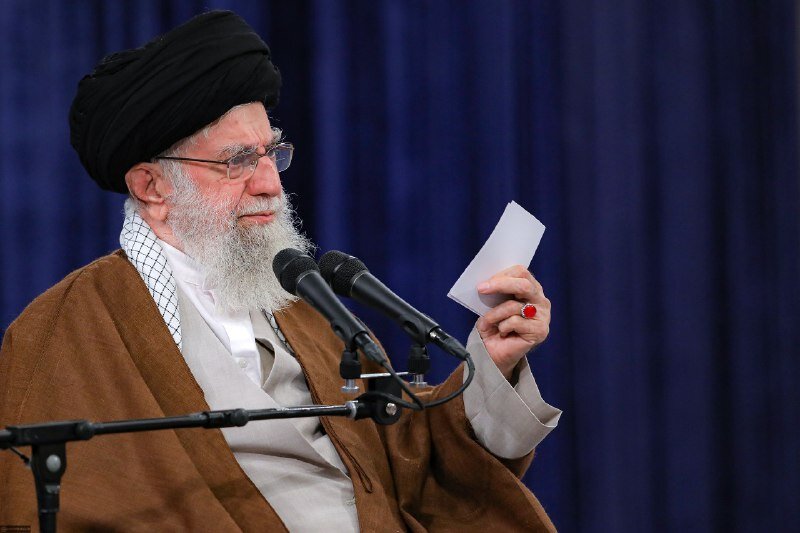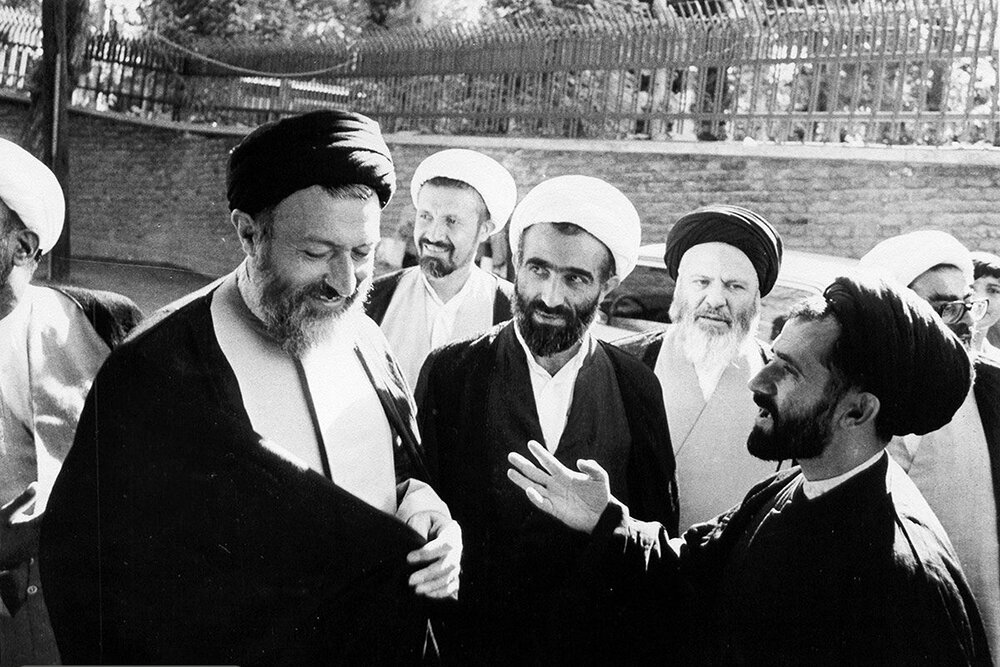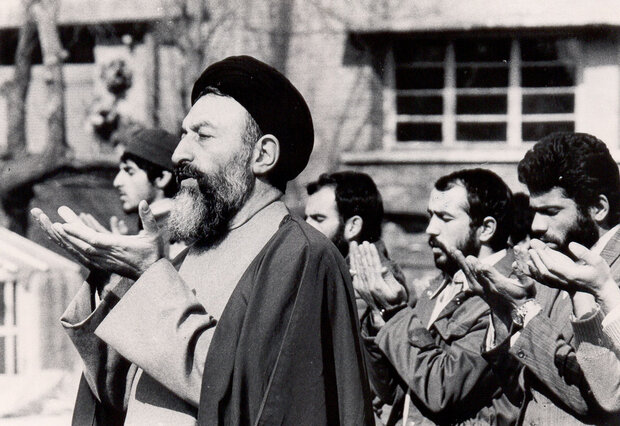The late Ayatollah Mohammad Beheshti played a key role in shaping Iran's post-revolution constitution and administrative structure and was a leading figure in the history of Shiite thought.
He also made significant contributions to the country's judicial system on the international stage.
Beheshti was responsible for identifying and mentoring several influential politicians in the Islamic Republic.
He held important positions including Secretary General of the Islamic Republic Party and head of the Iranian judiciary. Additionally, he chaired the Council of Islamic Revolution and the Assembly of Experts. With a PhD in philosophy and fluency in English, German, and Arabic, Beheshti was a highly educated and multilingual individual.
On February 3, 1979, the founder of the Islamic Republic, Imam Khomeini, appointed Beheshti as a member of Iran’s Islamic Revolutionary Council, and he soon became the council’s first secretary.

On June 28, 2009, the Leader of the Islamic Revolution Ayatollah Seyyed Ali Khamenei said that the Haft-e Tir event was significant because we lost some of the most honorable and prominent revolutionary figures in the bombing.
Martyrs such as Beheshti, who was an exceptional and unique figure of the Revolution, sacrificed their lives for the cause, Ayatollah Khamenei added.
He further noted that the Islamic Republic, particularly the judiciary, owes a great deal to the esteemed figure, Shahid Beheshti. During his short tenure in the judiciary from late 1358 to early 1360, martyr Beheshti implemented many innovations, achieved numerous advancements, and laid out long-term plans for the judiciary.

Late Iranian Martyr President Ebrahim Raeisi has described Martyr Beheshti as the architect of the judicial system of the Islamic Republic and stated, "Martyr Beheshti was responsible for a short period of time in the judicial system, but due to his sincere, faithful, scholarly, disciplined, state-oriented personality and the view of the organization that he had previously had made, in this short period of time, he became the source of great actions".
The President continued, "Although Martyr Beheshti had an effective position in an important political organization, no one can claim that he deviated from the path of fairness and justice in his work. He was in no way influenced by false atmospheres. This characteristic of his was derived from the practical life of the prophets and imams, who were not affected by anything other than God's fear and pleasure".
Brief biography

Beheshti was born in Isfahan in 1928. He studied at the University of Tehran and under Muhammad Hussein Tabatabaei in Qom.
From 1965 to 1970, he led the Islamic Center in Hamburg, where he was responsible for the spiritual leadership of religious Iranian students in Germany and Western Europe.
In the early 1960s, he was involved in activities against the monarchy and was arrested several times by Shah's secret police, the SAVAK.
Beheshti joined Ayatollah Khomeini in Najaf, Iraq, where the latter was in exile, and became part of Imam Khomeini's underground movement.
Tragically, Beheshti and more than 70 members of the Islamic Republic Party were martyred in the Hafte Tir bombing on June 28, 1981, carried out by the People's Mujahedin of Iran (MEK), which included four cabinet ministers and 23 members of parliament.
Following his martyrdom, Ayatollah Khomeini referred to Beheshti as a "national figure" for Iran.

Each year, a commemoration ceremony is organized to mark the day of Beheshti's assassination in the country.
Ayatollah Beheshti played a crucial role in establishing Iran as an Islamic republic in 1979.
Judiciary Week in Iran was named after the martyrdom of Beheshti along with 72 colleagues who were martyred in a terrorist bomb blast in June 1981.
Reported by Amin Mohammadzadegan Khoyi


























Your Comment